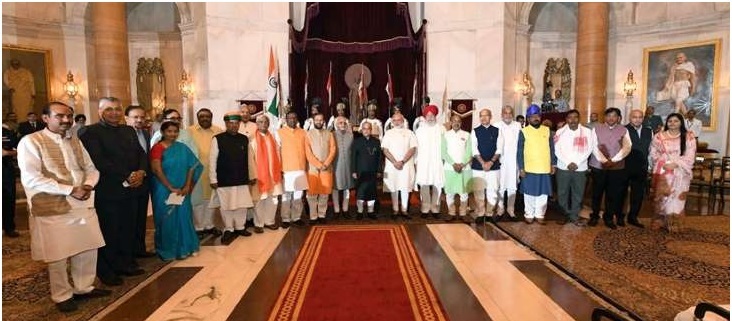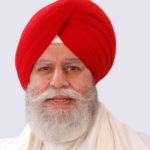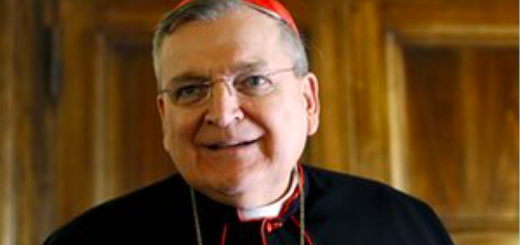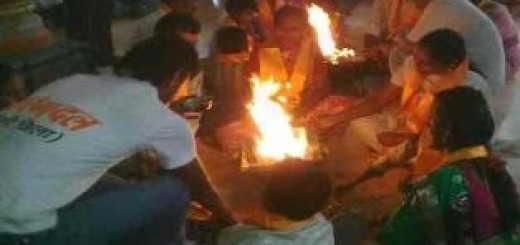7 of 19 new Cabinet ministers in Modi govt have criminal charges against them

On 5th July India's Prime Minister Narenda Modi expanded his cabinet by inducting 19 new ministers. Thus it is one of the biggest cabinets in recent years. Critics pointed out that Modiji was backtracking on a promise of lean government. Not only that. Seven of th e 19 new Cabinet ministers in Modi govt have criminal charges against them. While Modiji has launched Swachh Bharat Programme with a big fanfare and on Thursday nominated a few more prominent personalities, including Prince of Kolkata former Indian cricket captain Sourav Ganguly, first woman IPS officer Kiran Bedi and stand-up comedian Kapil Sharma as brand ambassadors for the “Clean India” campaign, what about his own lean and clean cabinet? – says CCV's Isaac Gomes.
e 19 new Cabinet ministers in Modi govt have criminal charges against them. While Modiji has launched Swachh Bharat Programme with a big fanfare and on Thursday nominated a few more prominent personalities, including Prince of Kolkata former Indian cricket captain Sourav Ganguly, first woman IPS officer Kiran Bedi and stand-up comedian Kapil Sharma as brand ambassadors for the “Clean India” campaign, what about his own lean and clean cabinet? – says CCV's Isaac Gomes.
Source: Firstpost 09 July 2016
With the recent Cabinet reshuffle, the Modi government at the Centre has yet again failed in giving a blemish-free council of ministers to the country, a promise that had helped it achieve an unprecedented victory in the 2014 Lok Sabha elections.
Ironically, the cabinet rejig comes after Delhi police hounded a few MLAs of the Arvind Kejriwal-led Delhi government, who are now facing criminal charges.
As many as seven of the 19 new ministers inducted by Prime Minister Narendra Modi in his cabinet, after the recent Cabinet reshuffle, have criminal cases of various kinds registered against them.
 S.S. Ahluwalia – Union Minister from Darjeeling
S.S. Ahluwalia – Union Minister from Darjeeling
According to a report of the National Election Watch, Association for Democratic Reforms (ADR), post-reshuffle out of 19 new ministers inducted in the union cabinet, seven have criminal cases against them and out of the seven, three Cabinet ministers have serious criminal charges like attempt to murder, communal rioting, violation of electoral law, bribery, etc. against them.
The seven ministers are Anupriya Singh Patel, Ramesh Jigajinagi, Faggan Singh Kulaste, Vijay Goel, Rajen Gohain, Ramdas Athavale and MJ Akbar.
While former journalist-turned-politician MJ Akbar has two cases against him, related to defamation, Patel, Jigajinagi and Kulaste have serious charges under the Indian Penal Code (IPC), like voluntarily causing hurt to deter a public servant from his duty, criminal intimidation, rioting armed with deadly weapon and bribery.
The self-sworn affidavits submitted by these ministers with the Election Commission of India (EC) show that in the 78-member council of ministers, 24 ministers – about 31 per cent – have declared criminal cases against themselves, ranging from attempt to murder, to obscene acts and electoral violations. Also, a few of these ministers are 'crorepatis' as well.
Of the 24 ministers, some prominent ones are Uma Bharti, Dr Hash Vardhan, Nitin Gadkari, Ram Vilas Paswan, Dharmendra Pradhan, Bandaru Dattatreya, Maneka Gandhi and Rajiv Pratap Rudy.
"In majority of the cases, the criminal charges filed against a politician are politically motivated and done by his or her opponent. I mentioned about my case in my affidavit as per the clause of the Election Commission, but that doesn't mean that I had been involved in any criminal activities. It's the same with many of the politicians," a Union minister, whose name appeared in the ADR list told Firstpost, on conditions of anonymity.
The compilation of the list of ministers with criminal cases against them has been obtained from the affidavits filed by the ministers, along with their nomination papers, and submitted to the EC, besides obtaining the copies of the affidavits from the ECI's website.
"The politicians have always been giving this excuse that cases against them are politically motivated. It's they who have mentioned about the cases filed against them in their affidavits submitted to the EC. Whether they are criminals or not, it's for the Indian judiciary to decide, but if the political class thinks that the charges against them are 'politically motivated' ones, they should bring amendments in the IPC through a bill in the Parliament to differentiate a 'political offence' and a criminal offence', because IPC doesn't do so," said Prof Jagdeep Chhokar, founder member, National Election Watch, ADR, told Firstpost.
Following a 2002 Supreme Court order, the EC made it mandatory for the candidates contesting polls to submit self-sworn affidavits mentioning their income, property, and legal cases – if there are any against them.
It has been a matter of big debate and discussion for quite some time now on how to clean up Indian politics of political leaders with criminal background and charges.
"The actual problem lies in the distribution of tickets to candidates by the political parties. Why the parties on the first instance give tickets to candidates with criminal cases pending against them? Is it so difficult to find 790 candidates to be Members of Parliament without any criminal cases against them from a population of 125 crore in India?," questioned Prof Chhokar.
"Why can't the political class enter into a gentleman's agreement that they won't file cases against each other," he added.
















